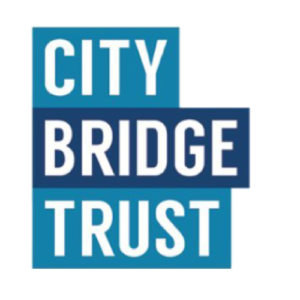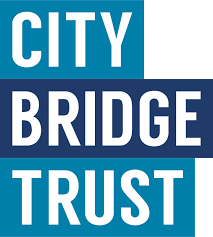Before we get into this month’s blog post, we want to wish you ‘A Very Happy New Year’ and we hope that you have had a wonderful Christmas. The holiday season, at times can come with pressure and cause financial stress. For those of you who may feel that you overstretched yourself financially, we will be discussing some helpful tips in relation to your mental health and money. We hope that this post is useful to you, please do let us know in the comments and sharing on social media.
“Poor mental health may make managing money harder and worrying about money, perhaps might add to you managing your well-being and mental health”. That is why in today’s blog post we are addressing how money and mental health may directly relate to the other.
We all know the saying “money makes the world go round” and it does. We all need sterling in our accounts to get around, function and live. How in which money gets into our accounts, how it is spent, saved or invested is down to the individual, however, it is so important one learns how to manage their finances and become aware if you may be struggling.
Here are some examples on how money can affect your mental health:
- Motivation and consistency to manage your money may decline.
- You may not have enough finances to cover your basic needs such as: housing, food, heat etc.
- You may feel anxious getting your finances in to order and avoid phone calls, messages/e-mails and letters.
- You may spend money erratically and make impulse purchases for a temporary ‘feel good’ factor.
- If you are not sober or ‘high’ you may make certain choices that could lead to debt.
- If you are unable to work, it could have an effect on your mental wellbeing.
- Dealing with bailiffs as well as the benefit system may bring on anxiety and even depression.
- Financial problems may also affect your relationships.
- Money problems may also lead to greater anxiety and cause stress related illnesses.
If you identify with any of the symptoms listed above here are some things you can do in the hope to get you to a better place. Remember that the situation you may currently be in can be temporary if you choose to address it with diligence, seek help and you could be in a much better place. Try your best not to worry but rather think about what you can do to better your situation. Workout a plan then put your plan into action.
1) Keep a financial daily log. In doing so, this can improve your understanding and your relationship with money. You may begin to notice how you are spending your money. It is recommended to do this for at least 30 days, taking note of every single thing you spend money on. This will help you identify your spending habits and what your money is going towards; what’s good, what needs to be changed and where you can make cut backs.
Tip: If you want a quicker overview and you have a bank account go through your bank statements on paper and begin to highlight different categories in colors… such as ‘blue is for food, yellow is for travel’ then add up the colors at the end and that will give you a better overview.
2) Reflect. Now that you have an idea of HOW you are spending money it’s important to acknowledge the WHY. If you have noticed you are spending money unnecessarily, think about why this may be. Ask yourself questions such as: when I bought (insert item) how did it make me feel? Would I buy this again and why? Did it have any negative knock on effects such as debt related anxiety for example.
Tip: Be sure to double check that you are receiving any government funds you are entitled to. You can check what you may be eligible for on this website https://www.entitledto.co.uk
3) Get some professional financial advice. If you need further assistance to get yourself in a better financial situation or have money problems related to debt there are many organisations out there you can turn to, we have listed some down below. Be honest about your situation and put into action what they advise.
DISCLAIMER: Please make sure that you only go to trusted advisors as there are many financial scam companies. We will list some trusted ones below however, please be aware that if you do consult these organisations you do so at your own risk.
4) Talk to someone about your mental health. If you notice a decline in your mental healt, please do speak to someone you trust. Here at Bennu, we have professional, qualified therapists (they are not financial advisers) who will be able to guide you through an emotional, mental assessment and therapy if need be. Get in contact by sending an email to info@bennu.org.uk
Remember to also be taking care of yourself and mental health in general. For further information in regards to this, check out our blog post on self- care here.
We hope this blog post has been helpful to you, please do share and comment.
If you are in need of any further assistance, then please to get in touch today at info@bennu.org.uk and check out our useful blog posts which are listed below as well as our services we provide.
Disclaimer: If you believe you or someone you know needs immediate/urgent attention, please do not wait. Contact Samaritans or NHS right now in the useful links provided below.
BENNU
Useful Financial Help Links
Useful links
https://www.nhs.uk/using-the-nhs/nhs-services/mental-health-services/
Emegerncy Mental Health help
You call UK emergency services by dialling 999
*Not all images are our own, all credit to the original designers





